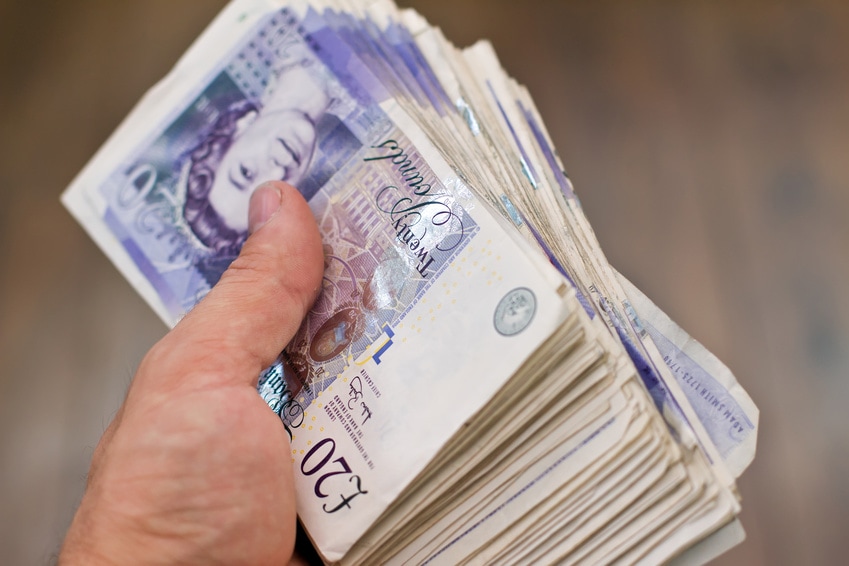Investors who opted to buy shares instead of keeping cash in the bank after the Big Bang in The City three decades ago would have made four times as much as savers.
New research reveals £10,000 in bank savings account would be worth just £28,196 after 30 years, while ploughing the same amount into FTSE100 shares would have seen a return of £121,466.
Those that gambled on the riskier FTSE250 would have a stellar return of £265,035 over the same period.
But even that pales into comparative insignificance when a £10,000 stake in a fund such as the BlackRock Continental European would now be sitting on a cash pile of £427,181.
Time smooths ups and downs
The date is relevant as the London Stock Exchange was deregulated in August 1986 as part of Prime Minister Margaret Thatcher’s Big Bang that introduced electronic trading and opened the markets to more investors.
The research was pulled together by investment firm Fidelity International, whose own Special Situations Fund grew £10,000 to £401,868 by 2016.
Tom Stevenson, investment director for personal investing at Fidelity International, argues that the risk of losing money on the stock markets is smoothed when investments are held for such a long time – especially in a pension.
“If anyone is unsure about the benefits of investing in the stock market over stashing cash under the mattress, especially over the long term, then our calculations highlight just how rewarding investing can be,” he said.
Risk pays off
“On a 30-year time horizon – a realistic investing timescale for many people – simply investing, holding on and reinvesting dividend income can lead to really impressive returns.
“With interest rates at record lows and looking as if they could fall further, the adage that cash is king really doesn’t hold much water these days. UK savers looking to achieve decent long term returns really need to invest in slightly riskier bonds issued by companies rather than governments or moving into stocks and shares.”
Even though stock markets experienced major shocks and bounces back over three decades, reinvesting income and a general upward economic curve cancelled out the peaks and troughs into a steady rising return.
